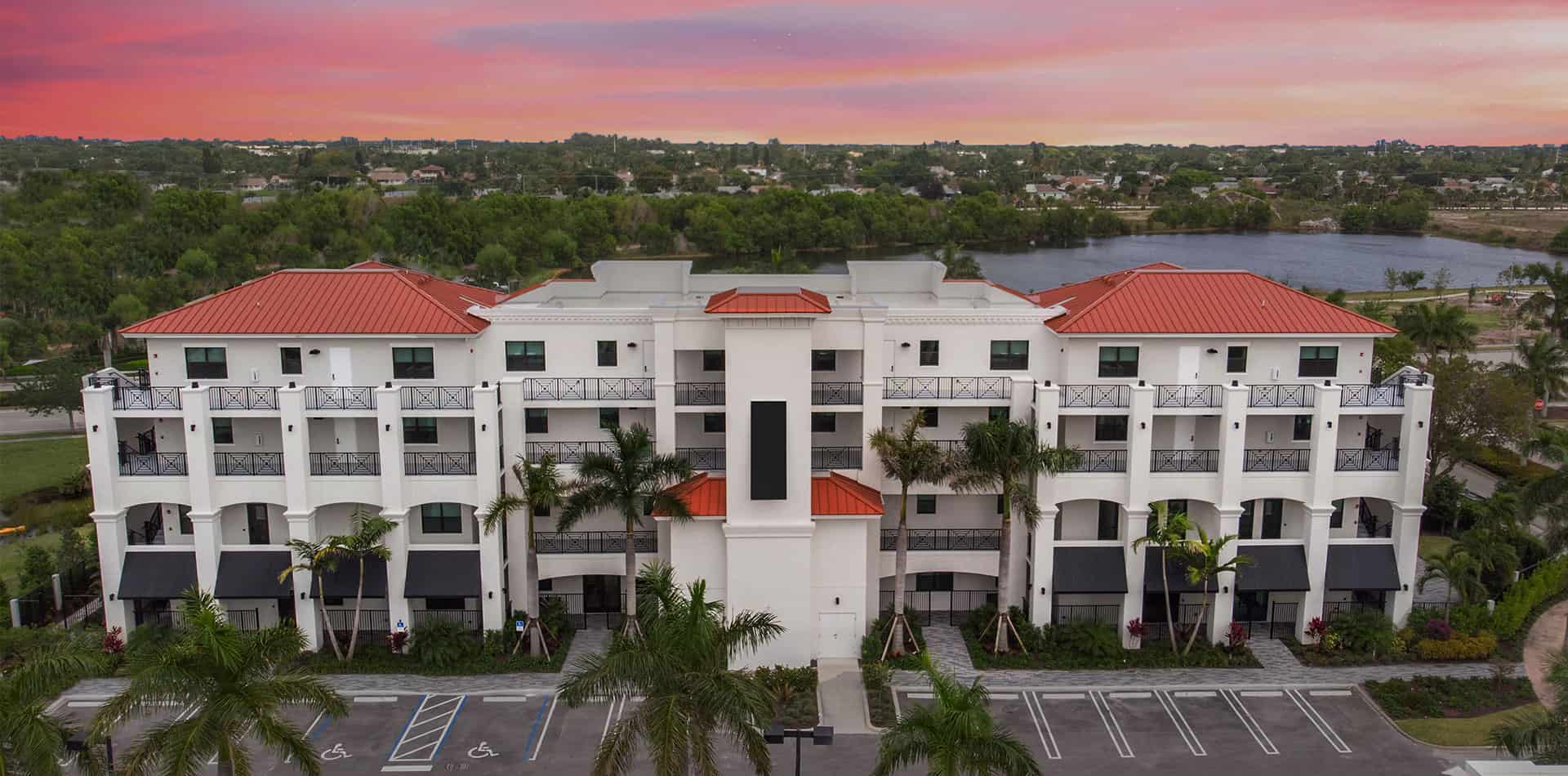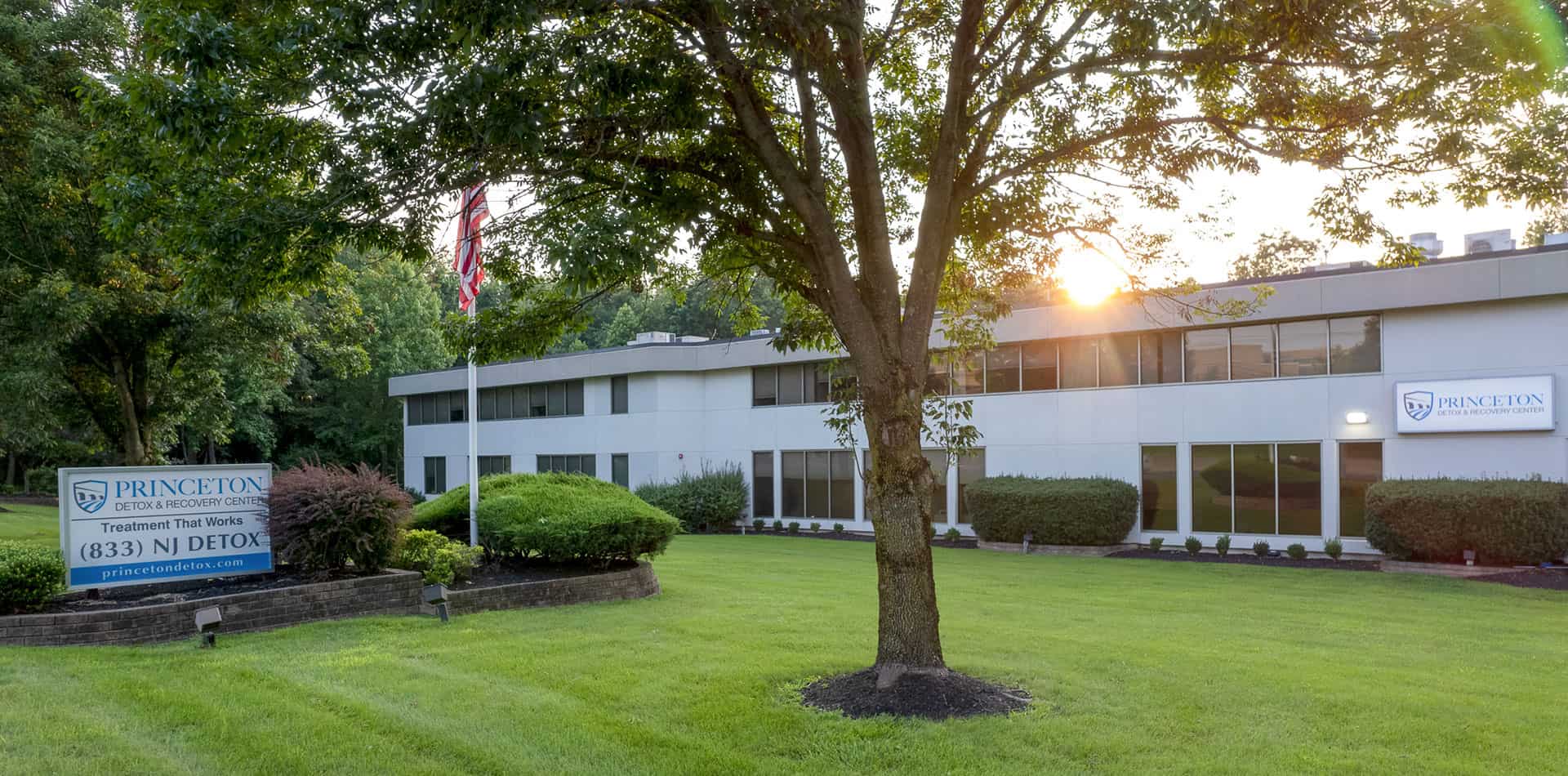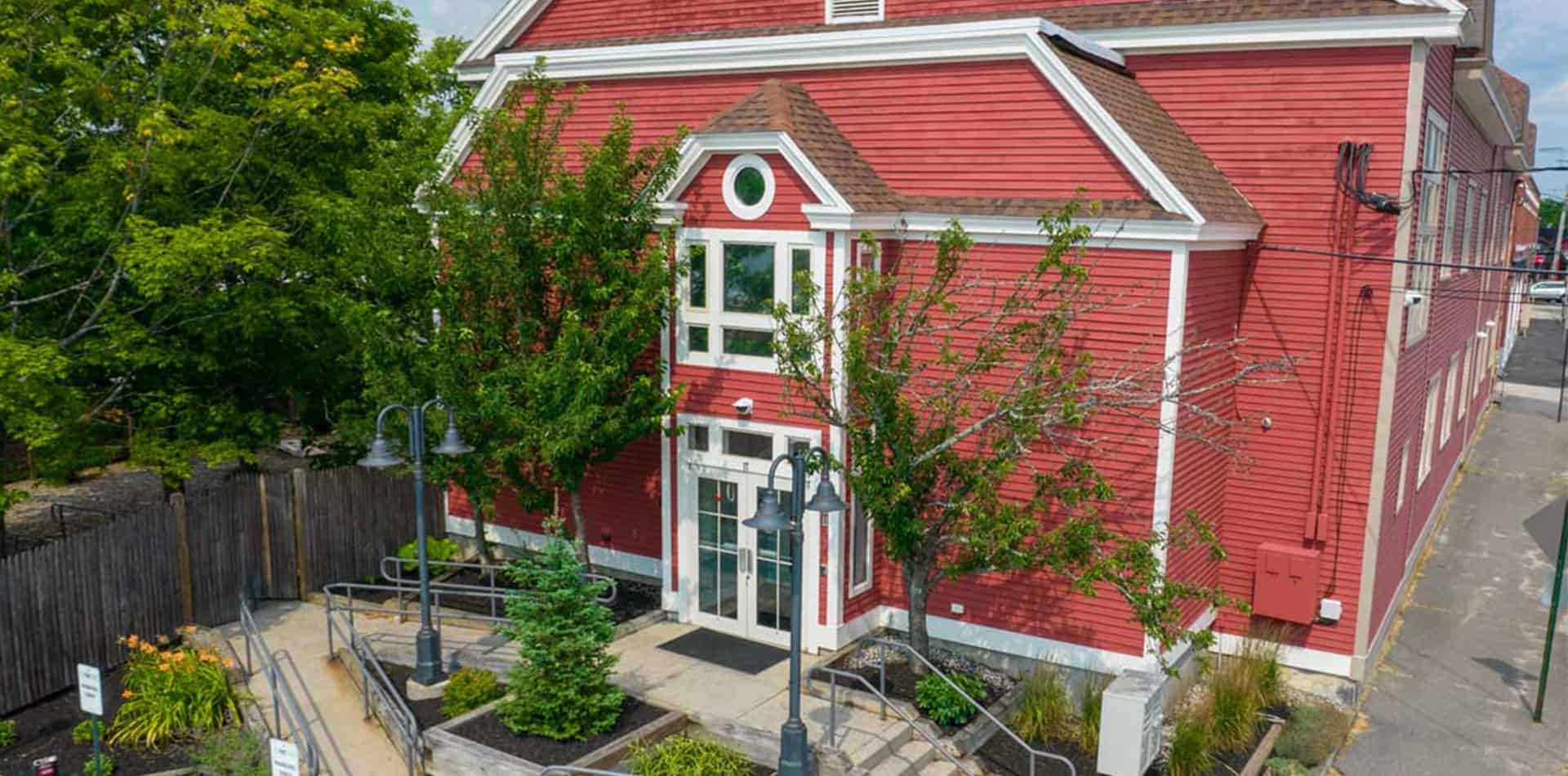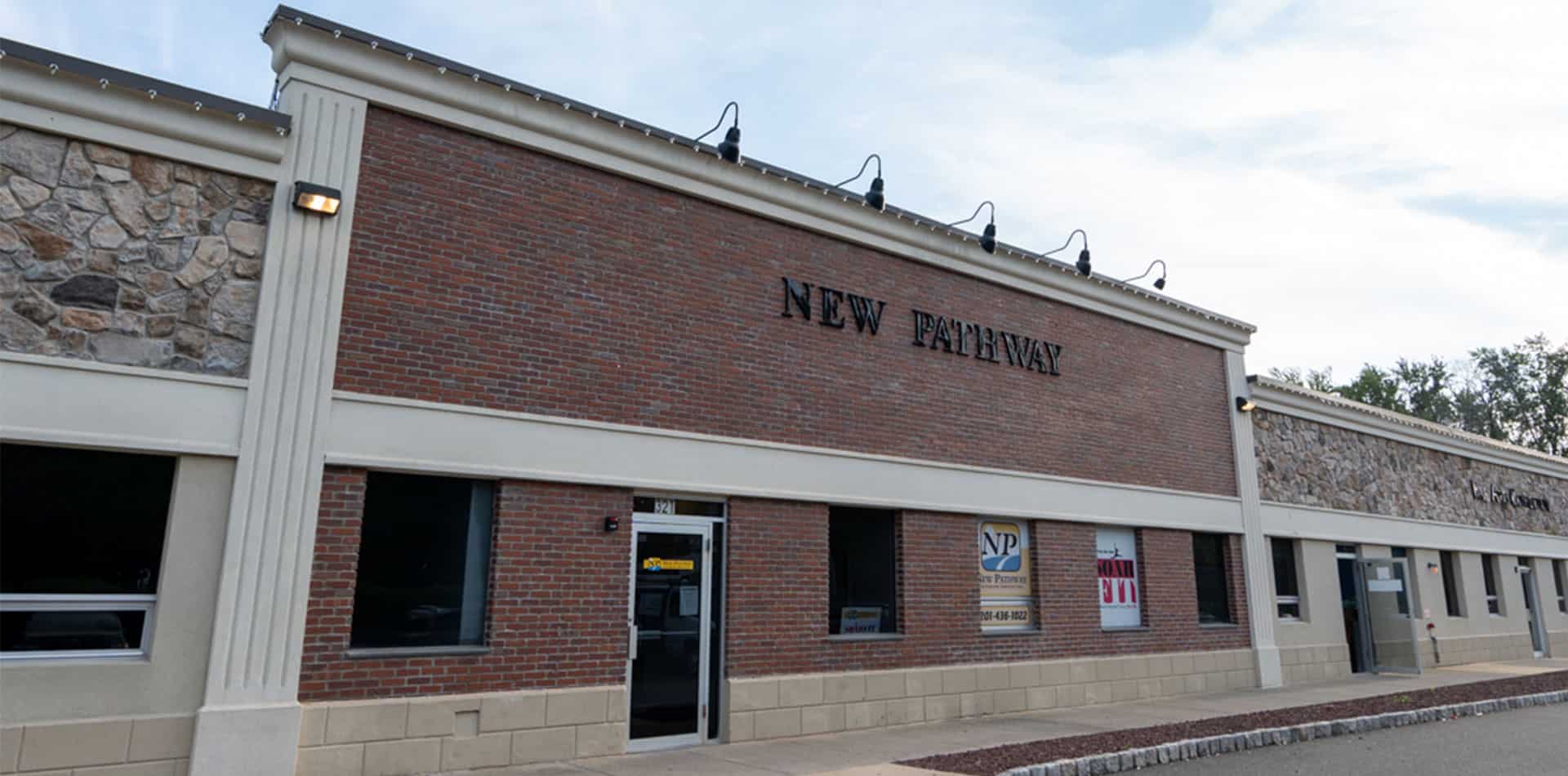12 Step Treatment
We Specialize In Addiction Treatment
"*" indicates required fields
By selecting this checkbox and entering mobile number I agree to receive GR Support from Guardian Recovery Network Holdings LLC. Message frequency varies. Text HELP to 96909 for help, Text STOP to 96909 to end. Msg&Data Rates May Apply. By opting in, I authorize Guardian Recovery Network Holdings LLC. to deliver SMS messages using an automatic dialing system and I understand that I am not required to opt in as a condition of purchasing any property, goods, or services. By leaving this box unchecked you will not be opted in for SMS messages at this time. Click to read Terms and Conditions & Privacy Policy.
A True 12-Step Immersion Program
The 12 Step Immersion program is a cornerstone of recovery, deeply rooted in the principles of mutual support, self-examination, and spiritual growth. This approach, originally developed by Alcoholics Anonymous (AA), offers a structured pathway through which individuals can confront their addiction, acknowledge its impact on their lives and the lives of others, and take deliberate steps towards recovery.
The benefits of this method are extensive, providing a supportive community where members share experiences, strength, and hope. By working through the 12 steps, individuals learn to relinquish control over their addiction, make amends for past wrongs, and develop new, healthier coping mechanisms. The emphasis on spiritual growth—understood broadly as a search for purpose and meaning beyond oneself—helps many find a deeper sense of inner peace and resilience.
Furthermore, the ongoing nature of meetings and the mentorship from more experienced members (sponsors) offer continuous support that is critical for long-term recovery. Our 12 Step Immersion program not only aids in overcoming substance use but also fosters personal development and a sense of belonging, making it a powerful tool for achieving and maintaining sobriety.
What is Guardian’s 12 Step Immersion Approach & Why Is It Important?
The 12 steps of Alcoholics Anonymous have helped more individuals get and stay sober than any other recovery program in the world. According to a recent study published by Stanford Medicine, Alcoholics Anonymous was found to be “the most effective path to abstinence” and up to 60 percent more effective than other methods of intervention. AA currently has an estimated 2 million recognized members in 180 nations and more than 118,000 groups across the globe. The Big Book of AA — the main text book for the program — has been translated into 70 languages, and AA literature has been translated into more than 100. Numerous offshoots of AA — including Narcotics Anonymous, Cocaine Anonymous and Sex Addicts Anonymous — utilize AA’s 12 steps. Considering AA first began in 1935, this type of rapid worldwide growth is truly remarkable.
So why has AA had such success? The obvious answer is that it works. As AA’ers put it — “It works if you work it.” Unfortunately, AA’s program is dismissed by many who have either tried AA before without success, or have a misunderstanding of what AA really is. Many think AA is just about going to meetings and griping endlessly about struggles with alcohol. But the program is really about working the 12 steps of recovery while in fellowship with other sober people where an individual can be of service to others.
Get Local Help
Questions?
Learn More About the Recovery Process
- The Guardian Path
- Recovery Tips
- Frequently Asked Questions
- Insurance Check
- Ask a Question
What to Expect During Admission
Clients and their loved ones interested in Guardian Recovery can expect:
- CompassionWe understand what you are going through and promise to do everything we can to help.
- HonestyWe will always provide you with honest answers and information about our program.
- TransparencyIn detail, we will explain your insurance coverage or how your self-pay program will work.
- HelpfulnessWe understand this can be a difficult time. We are available 24/7 to answer questions and help in any way we can.
Start Healing Today!
Choose recovery and take control of your life, it’s the path to a brighter future filled with health, happiness, and fulfillment.
The AA Triple Threat
There are three main components to the AA program — three sides of the AA triangle — all equally important. The first is unity — the fellowship of AA. This is where the meetings come in. In AA we build a sense of community, belonging and friendship. The second is service — this is about being of service to other human beings, which grows one sense of purpose, meaning and self esteem. Addiction drives us to ugly forms of selfishness, but in recovery we find out how rewarding being of service to others is — it feeds our souls in a way no drug or drink every could.

The third is recovery — which is about the transformation that comes by working the 12 steps. The 12 steps are a process of transformation which require honesty with oneself and others, a willingness to right wrongs from the past and an openness to finding our own sense of spirituality. By working the 12 steps, a person undergoes the personal transformation essential to maintaining long-lasting recovery.
The AA triangle also represents the idea that alcoholism and addiction is a three-part malady — spiritual, mental and physical. Without addressing all three — the mind, the body and the spirit — an addict or alcoholic has little chance of long-term recovery. The 12 steps address all three.
Complimentary Insurance Check
Find Out Today!
"*" indicates required fields
Does your insurance cover rehab?

Our Locations
Our Facilities & Teams Transform Lives
Changing lives by providing comprehensive support and rehabilitation, empowering individuals to overcome addiction and regain control of their health and well-being.
Traditionally in AA an individual finds what is called a “sponsor.” A sponsor simply put is just a mentor or guide to take you through the process of working the 12 steps as laid out in the big book of Alcoholics Anonymous. At some of Guardian Recovery’s select 12-Step based facilities, our clients are paired with what we call “a 12 step contact.” This person is kind of like a professional sponsor. Our 12 step contacts are compassionate, caring individuals in recovery themselves who have extensive experience guiding people through the 12 steps. When an individual seeks treatment at one of Guardian’s 12-Step immersion programs, not only do they work extensively with a therapist and doctor, they also work intensively with their 12-Step contact to help them work the steps. By working the steps in a treatment setting, our clients have the accountability, support and community they need to help them persevere through the rough spots.
Why Should I Be in a 12 Step Immersion Treatment Program Rather Than Just Going to AA Myself?
Guardian Recovery’s select 12-Step Immersion facilities help individuals get through the bulk of the Steps in a structured environment while being supported by therapists, support staff members, and their peers. We have found that working the Steps this way before an individual has completely free rein of their life in the real world is extremely beneficial. Many of our clients have said that they tried to complete the 12 Steps and go to AA numerous times with no success. It’s not that AA didn’t work for them — it was just they needed a little extra help to follow through with working the steps of the program. That’s exactly what Guardian Recovery’s 12-Step Immersion process does.
In addition to helping clients get through the Steps, we also encourage 12-step involvement in the outside world as a vital part of continuing care. This is because the “rooms of AA” are going to be the ongoing support network for our clients as they transition back into full, abundant lives outside of treatment. An article published by the National Library of Medicine found that people who remained actively engaged in Alcoholics Anonymous for 18 months after their initial treatment programs had rates of abstinence that were more than twice as high as those who failed to continue with AA after treatment. This is just one of many scientific studies that point toward the efficacy of AA as part of a more comprehensive treatment plan.
READY TO MAKE A CHANGE?
Your Next Steps
Begin Your Personal Recovery Journey
If you or someone you love has been suffering from an untreated substance use disorder, Guardian Recovery is available to help. Our comprehensive continuum of clinical care provides several stages of treatment including medically monitored detox, inpatient treatment and intensive outpatient treatment. Beginning your personal journey of addiction recovery — or helping your loved one get started on theirs — is as simple as picking up the phone. The moment you do, we begin developing a plan for intake, which includes completing a brief pre-assessment over the phone in order to determine which level of care best meets your personal needs. Once the pre-assessment is complete we go over potential coverage options. At Guardian Recovery we work closely with most major regional and national health insurance providers and offer free, no obligation health insurance benefit checks. Finally, we set a date for intake and arrange reliable transportation.
Reviewed professionally for accuracy by:

Ryan Soave
L.M.H.C.
Ryan Soave brings deep experience as a Licensed Mental Health Counselor, certified trauma therapist, program developer, and research consultant for Huberman Lab at Stanford University Department of Neurobiology. Post-graduation from Wake Forest University, Ryan quickly discovered his acumen for the business world. After almost a decade of successful entrepreneurship and world traveling, he encountered a wave of personal and spiritual challenges; he felt a calling for something more. Ryan returned to school and completed his Master’s Degree in Mental Health Counseling. When he started working with those suffering from addiction and PTSD, he found his passion. He has never looked back.






